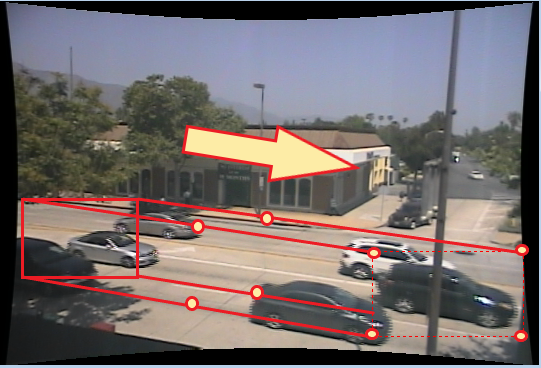Decoding Property Worth: The Art and Science of Estate Agent Valuation

When it comes to selling your home or assessing the value of a potential purchase, understanding the intricacies of estate agent valuation is crucial. A property’s valuation is a complex blend of art and science, involving market trends, property conditions, and the expertise of seasoned professionals. In this article, we’ll unravel the process behind estate agent valuation, helping you navigate the nuanced world of property assessment.
The Essence of Estate Agent Valuation:
At its core, estate agent valuation is the process of determining the current market value of a property. This involves assessing various factors, such as location, size, condition, and recent sales in the area. Estate agents leverage their knowledge of the local market to provide an accurate valuation that reflects the property’s worth in the current real estate landscape.
Market Trends and Comparative Analysis:
Estate agents stay attuned to market trends, analyzing recent property sales in the area to understand the current demand and supply dynamics. Comparative market analysis (CMA) plays a significant role in valuation, as agents compare the target property to similar ones that have recently sold to gauge its relative value.
Property Condition and Unique Features:
The physical condition of a property can significantly impact its valuation. Estate agents consider both the structural and aesthetic aspects, including any recent renovations or unique features that add value. A well-maintained property with desirable attributes is likely to receive a higher valuation.
Local Expertise and Nuanced Insights:
Local expertise is a hallmark of effective estate agent valuation. Agents who specialize in a particular area possess nuanced insights into the neighborhood’s dynamics, influencing factors like schools, amenities, and future development plans. This deep understanding enables them to provide more accurate valuations.
Clyde Property – Setting the Standard in Valuation Excellence:
Esteemed estate agents like Clyde Property bring a wealth of experience to the valuation process. With a commitment to accuracy and client satisfaction, they blend data-driven analysis with a keen understanding of local nuances, setting the standard for excellence in property valuation.
Navigating Fluctuating Markets:
Real estate markets are dynamic, and valuations can be influenced by economic conditions, interest rates, and broader market trends. A skilled estate agent can guide clients through fluctuating markets, providing insights that help sellers make informed decisions and buyers secure properties at fair market value.
Beyond Numbers: The Emotional Aspect:
While valuation is rooted in data and analysis, there’s also an emotional aspect to the process. A property’s sentimental value, unique features, and the seller’s attachment all contribute to the overall picture. Estate agents balance the quantitative and qualitative aspects to arrive at a comprehensive valuation.
Conclusion:
Estate agent valuation is a multifaceted process that requires a delicate balance of market analysis, property assessment, and local expertise. Whether you’re selling, buying, or simply curious about your property’s worth, relying on the proficiency of seasoned estate agents, such as Clyde Property, ensures that you receive a valuation that accurately reflects the true worth of your home in the ever-evolving real estate landscape.







































































































































































































































